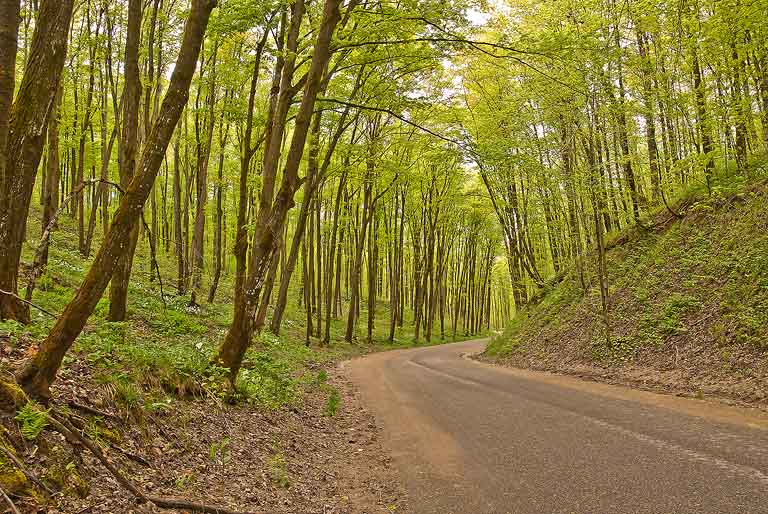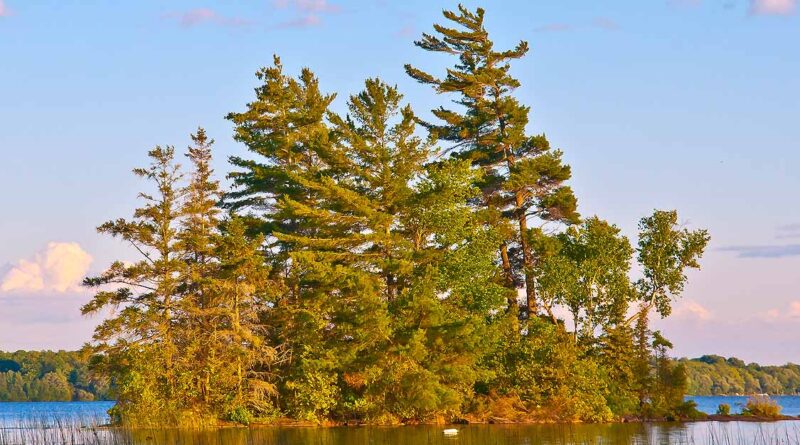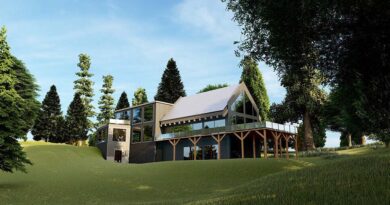Arbour Day: Plant, Wait, Wait Some More, Enjoy.
By Susanne Laperle – Special to SUNonline/Orillia
J. Sterling Morton, one of the early leaders of the Arbor Day movement, said, “Other holidays repose upon the past; Arbor Day proposes for the future.” These words truly capture the feeling we experience when we plant trees. Trees, especially saplings, are about the future–critical, long-time partners in protecting our planet. And with each tree we plant, we are literally creating oxygen, shade, habitat, food and beauty.
The tradition of intentionally planting trees originated in the mid-1800s among settlers in the American mid-west. As they cleared their lands for agriculture, communities came together and began to plant trees along field lines, roads and around their homes. The state of Nebraska declared the first Arbor Day in 1872, and it’s estimated on April 10th that year, over a million trees were planted. It was a robust start to a tradition which spread quickly. By the early 1880s a number of Canadian provinces had taken up the cause and begun to celebrate Arbour Day.
Arbour Day literally means Tree Day, and in most areas around the world the date is set to coincide with ideal conditions for planting young trees. Here in Ontario Arbour Day, although not officially declared a holiday, is celebrated every year from the last Friday in April to the first Sunday in May. This year Arbour Days will start on April 30th.
Ontario’s first Arbour Day was established in 1883 by then minister of education Sir George W. Ross. Minister Ross’s aim was to motivate children to make their school grounds more attractive. School children continue to be involved, as many communities and school districts use Arbour Day to engage young students in learning about trees as well as planting them. For example, on Calgary’s version of Arbour Day (first Thursday of May) there’s a long-standing tradition to give every Grade One student a tree seedling to take home and plant.
Likewise, a few years ago here in Orillia, Jane Ball, a retired college counsellor and one of the co-founders of the Couchiching Conservancy, teamed up with Linda Rodenburg, who runs the Ontario Master Naturalist Program at Lakehead University, to provide preschoolers at Orillia Central Preschool with 25 white pine seedlings. With a little guidance and some elbow grease, the children planted, watered and tended to the little trees. When some of the seedlings didn’t make it, others were carefully transplanted to another location and are thriving. Jane plans to repeat the plantings with the current group of preschoolers later this May.
“The children love it, and it will spark some green thumbs and appreciation for trees among the children,” said Ashley Nichols, program supervisor at the Orchard Park location.
There are many reasons to involve young children in planting trees. Learning about their importance to our quality of life and the well-being of the planet instills an appreciation lasting a lifetime. Because they are planting trees, children and their little seedling trees will grow up together.

Another grassroots movement here in Orillia is the Women’s Environmental Breakfast Society (WEBS). It’s a motivated group of six long-time friends who get together for breakfast every once in a while. They share a deep concern for the environment and a while back the group decided it was time to do something tangible. They set out to host a significant tree planting initiative last spring. The project was a well-organized rebuttal to the Province’s decision to cancel funding for Forest Ontario’s 50 Million Tree Program. Although their plan was foiled by COVID-19, this feisty group remains undaunted. We can expect them to be back with their original plan next spring. In the meantime, one of their members has ordered and will be distributing close to eighty saplings among friends and relatives.
Sustainable Orillia salutes these initiatives. They are meaningful steps small groups and individuals can make on behalf of the future of our community and our planet. They make a difference. The more of us who rally around these types of initiatives, the more likely we are to succeed.
Another WEBS initiative deserves mention. They decided to make their concerns about the environment directly known to our elected representatives. MPP Jill Dunlop (Simcoe North) and MP Bruce Stanton (Simcoe North) were invited to sit with the group in separate meetings. These meetings provided an opportunity for the WEBS group to express their concerns and also to ask each representative what they and their governments are doing on behalf of the environment.
These WEBS actions provide a good model for us all. If you feel something needs to be done to avoid a climate change crisis, then follow the lead of the WEBS group. This Arbour Day why not plant a tree and send a letter to your local political representatives? Make your voice heard. Ask what they are doing to save our trees and our quality of life.
Let’s make Arbour Day truly about the future so trees we plant this spring can grow healthy and strong and provide benefits to our children and grandchildren for decades to come.
(Photo by Swartz – SUNonline/Orillia)




